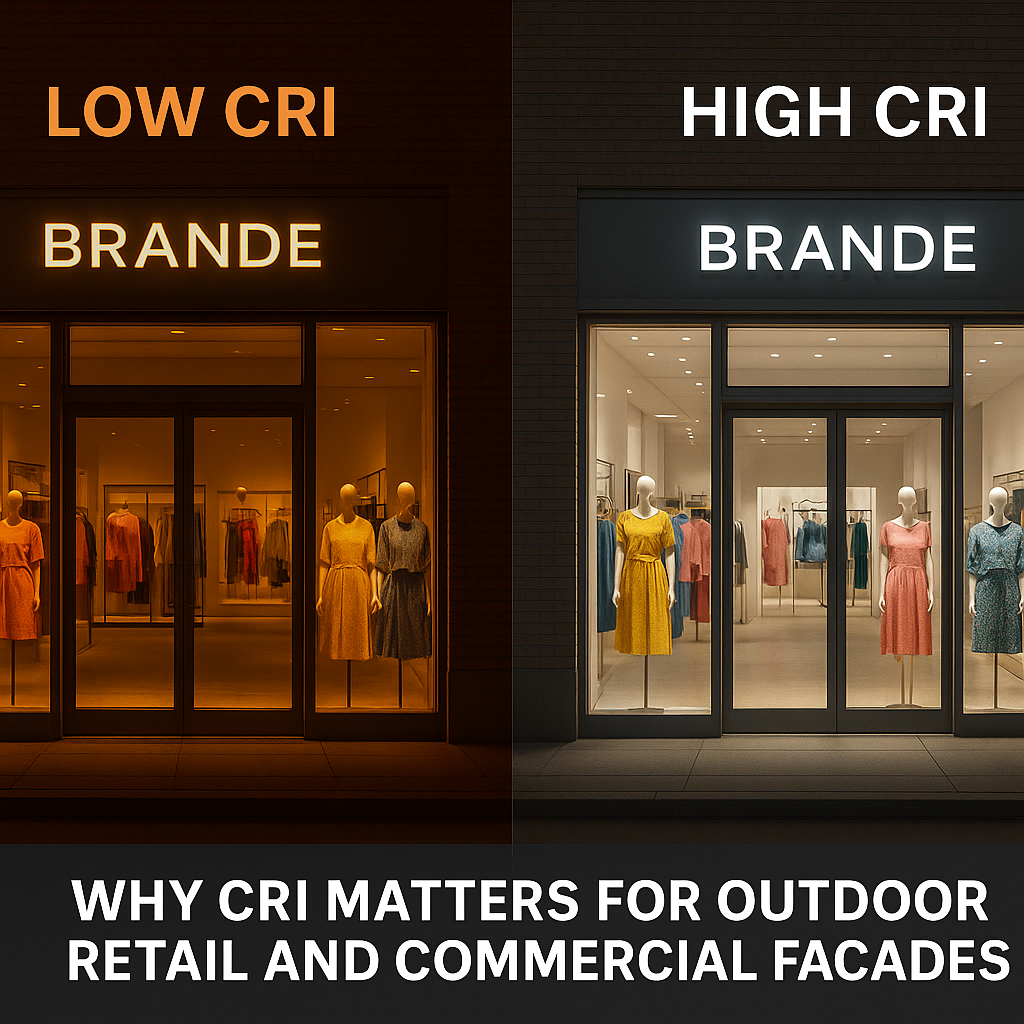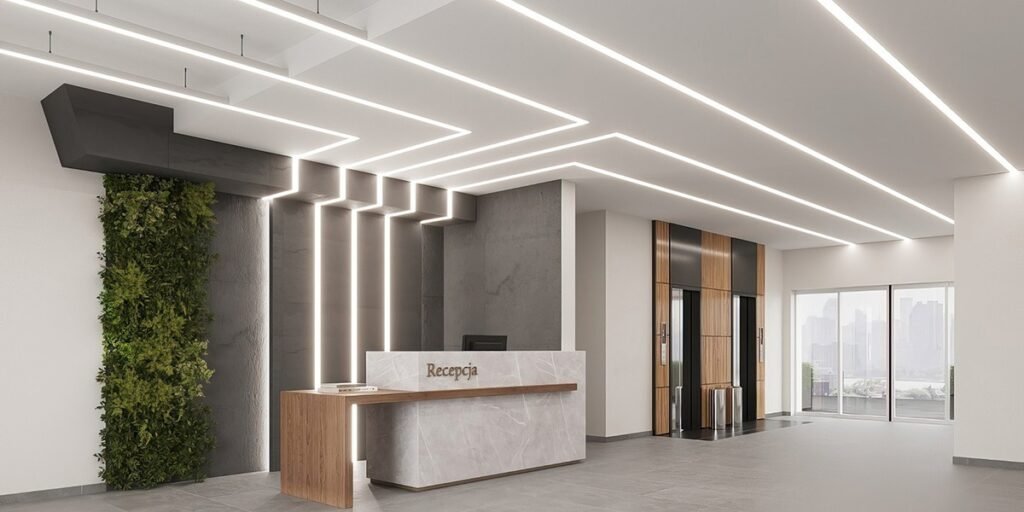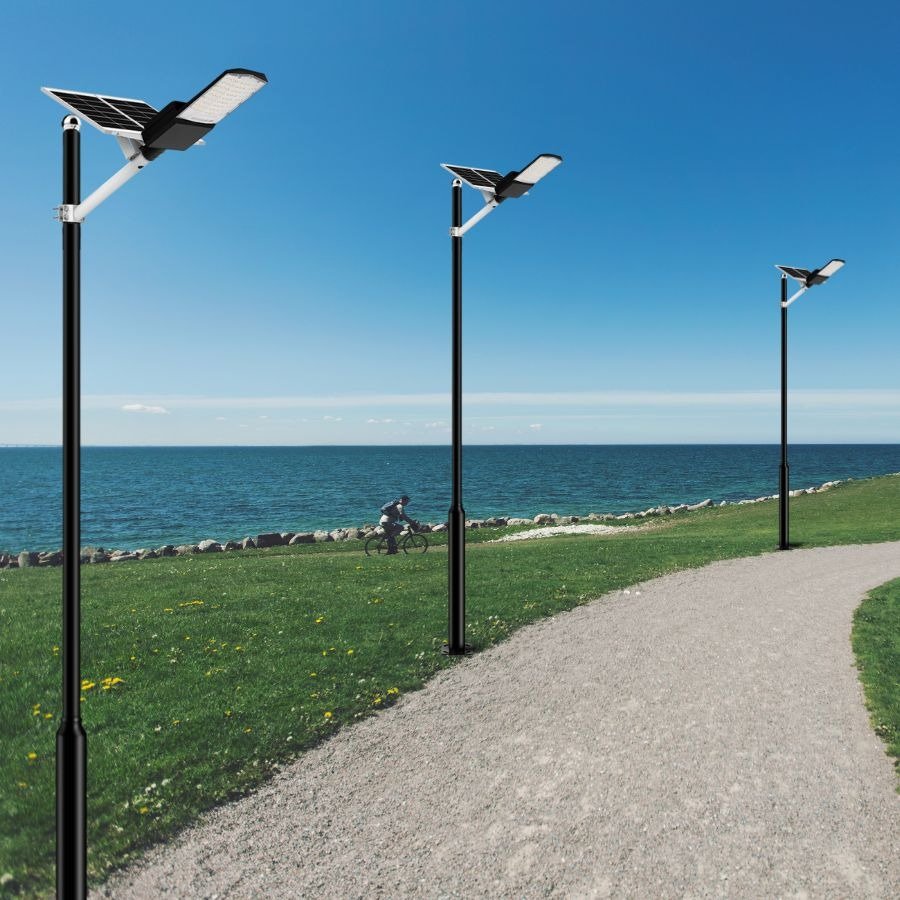Revolutionizing Sustainable Illumination
In recent years, the demand for eco-friendly lighting solutions has surged as individuals and industries strive to reduce their environmental footprint. Advances in lighting technology have paved the way for innovative designs that prioritize energy efficiency, sustainability, and reduced carbon emissions. But how do these cutting-edge solutions really impact our daily lives? This article unveils the latest eco-friendly lighting innovations, demonstrating how they contribute to a greener and brighter future.
Cutting-Edge Technologies in Eco-Friendly Lighting
LED Advancements and Their Impact

Light Emitting Diodes (LEDs) have become the backbone of eco-friendly lighting due to their long lifespan and low energy consumption. Recent developments in LED technology include:
- Increased Efficiency: Modern LEDs achieve energy efficiency levels exceeding 90 lumens per watt, reducing overall power consumption.
- Smart Integration: LED systems can now be integrated with IoT (Internet of Things) devices, allowing for intelligent lighting control and automation.
- Improved Light Quality: New phosphor coatings enhance color rendering, providing natural and comfortable illumination.
Real-World Example
A recent study showed that businesses that switched to LED-based eco-friendly lighting systems reduced their energy bills by up to 40%, proving the cost-effectiveness and sustainability of this technology.
Solar-Powered Lighting Solutions
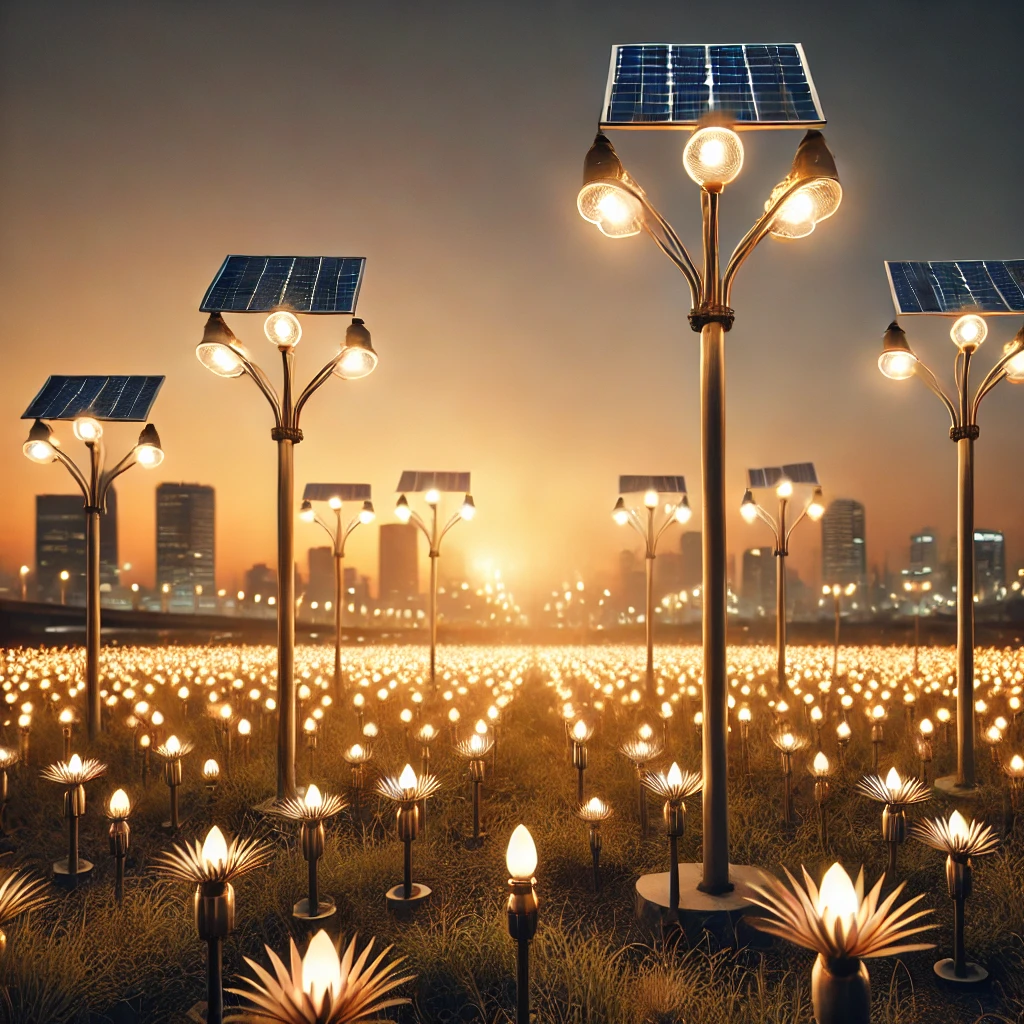
Solar lighting has emerged as a game-changer for both residential and commercial applications. Key innovations include:
- High-Efficiency Photovoltaic Cells: Enhanced solar panels now convert more sunlight into electricity, even in low-light conditions.
- Energy Storage Enhancements: Advanced lithium-ion batteries allow for longer energy retention and usage during nighttime hours.
- Self-Sustaining Systems: Motion-sensor and daylight-adaptive technologies optimize energy usage, making them a top choice for eco-friendly lighting solutions.
Organic Light Emitting Diodes (OLEDs)

OLED technology offers a more sustainable alternative to traditional lighting solutions. Its benefits include:
- Low Heat Emission: OLEDs generate minimal heat, reducing cooling costs in buildings.
- Flexibility in Design: Ultra-thin and bendable, OLED panels enable innovative architectural lighting solutions.
- Eco-Friendly Manufacturing: Reduced reliance on toxic materials enhances environmental safety, reinforcing the principles of eco-friendly lighting.
Human-Centric and Circadian Lighting
Eco-friendly lighting is not only about energy savings but also about improving human well-being. Circadian lighting systems are designed to mimic natural daylight, promoting better health and productivity. Features include:
- Adaptive Brightness and Color Temperature: Lights adjust automatically to support human circadian rhythms.
- Workplace Integration: Offices and commercial spaces benefit from increased employee focus and reduced fatigue.
- Residential Applications: Home lighting systems that support sleep-wake cycles contribute to overall wellness.
Sustainable Materials in Lighting Fixtures
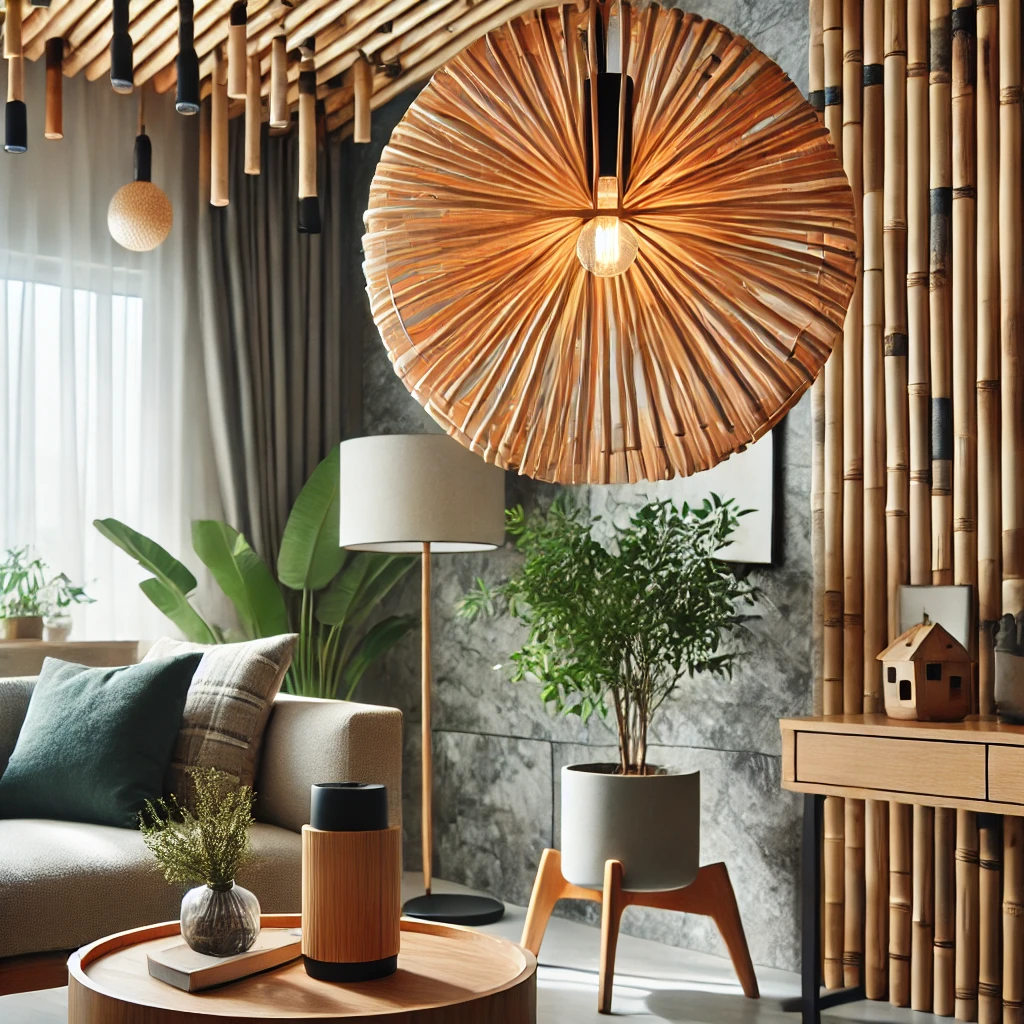
Sustainable lighting extends beyond bulbs and into fixture design. Innovations in materials include:
- Recycled and Biodegradable Components: Manufacturers are utilizing recycled metals, bamboo, and bio-based plastics in eco-friendly lighting fixtures.
- Minimalist and Modular Designs: These reduce material waste and allow for easy repairs and upgrades.
- Low-Impact Manufacturing Processes: Techniques such as 3D printing reduce excess production waste, further enhancing the sustainability of eco-friendly lighting.
The Role of Smart Lighting in Energy Conservation
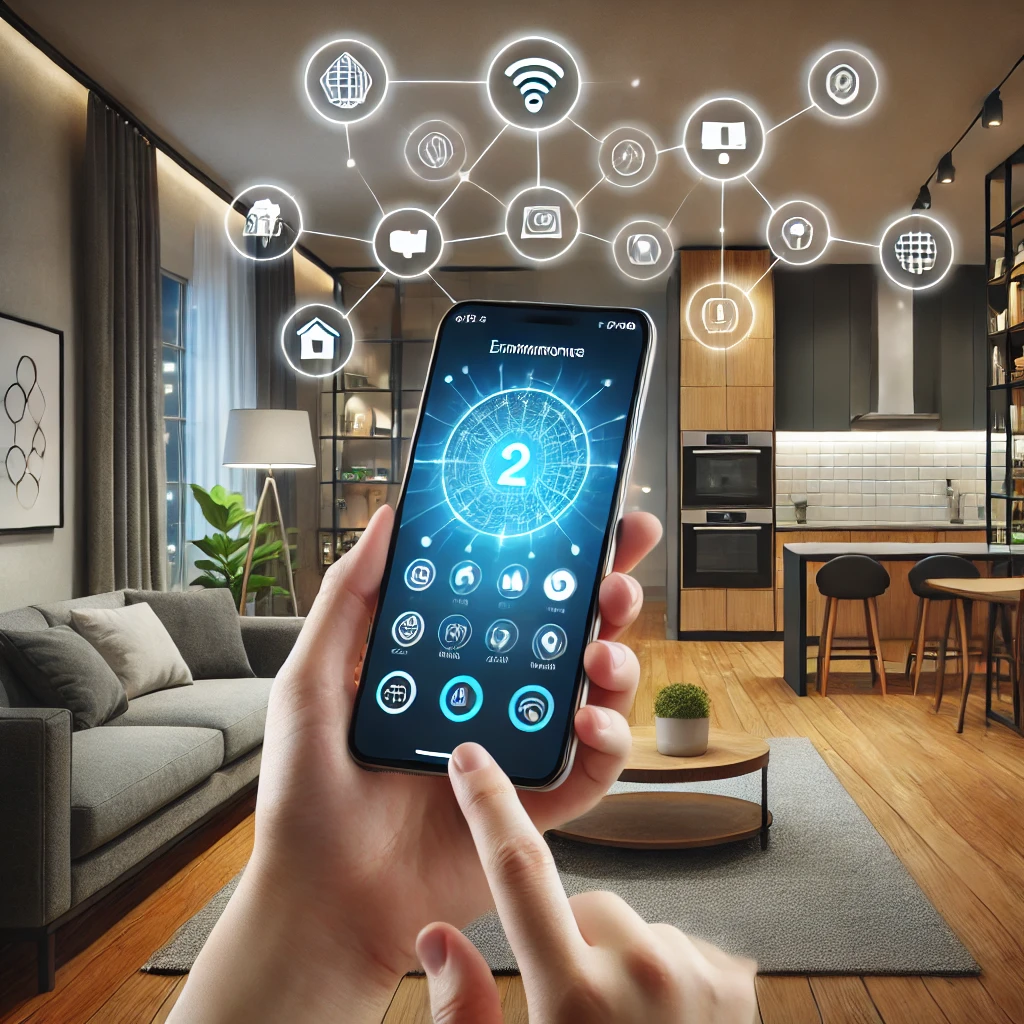
Smart lighting systems optimize energy usage through automation and customization. Notable advancements include:
- Motion and Occupancy Sensors: Lights turn off when no one is present, preventing unnecessary energy use.
- Remote Control and Scheduling: Users can adjust lighting settings via smartphone apps, ensuring energy-efficient and eco-friendly lighting solutions.
- Integration with Renewable Energy Sources: Smart systems sync with solar and wind power for sustainable operation.
Make the Switch to Eco-Friendly Lighting Today
Looking to upgrade your home or office with eco-friendly lighting? Start today by exploring the latest sustainable lighting solutions that fit your needs. Make the switch and be part of the movement towards a greener planet!
Frequently Asked Questions (FAQ)
1. What is eco-friendly lighting?
Eco-friendly lighting refers to lighting solutions designed to minimize environmental impact through energy efficiency, sustainable materials, and reduced carbon emissions.
2. How do LED lights help in sustainability?
LED lights consume less energy, have a longer lifespan, and contain no hazardous materials, making them a superior choice for sustainability and eco-friendly lighting.
5. How can I integrate smart lighting into my home?
Smart lighting can be integrated through IoT-connected bulbs, motion sensors, and mobile applications, allowing for automated and energy-efficient eco-friendly lighting control.
Sources
- U.S. Department of Energy – Energy Efficient Lighting
- International Energy Agency – Lighting Efficiency
- Environmental Protection Agency – Sustainable Lighting Solutions








